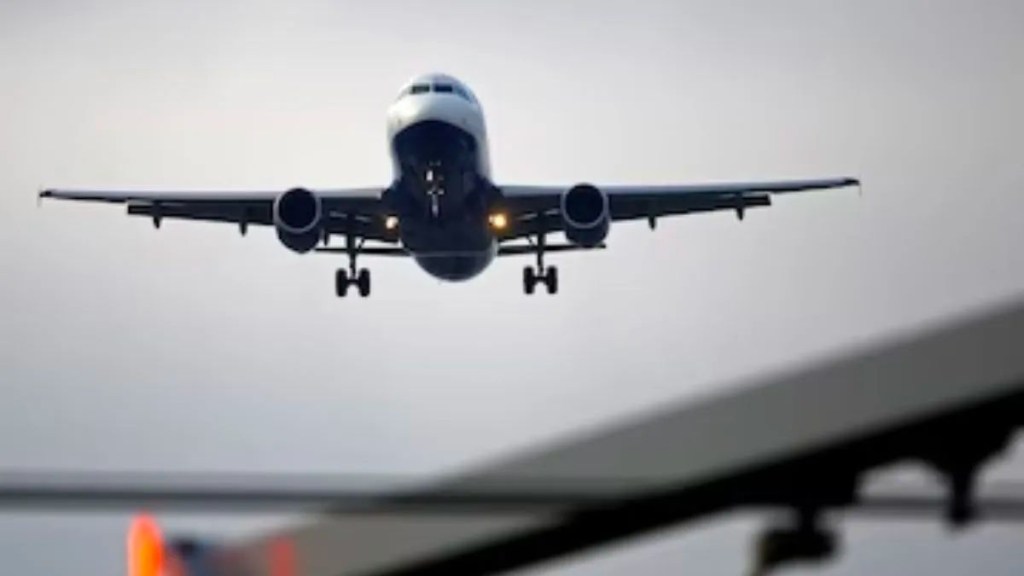The government has revealed that airlines in India received a staggering 994 hoax bomb threats in 2024 until November 13. This highlights an alarming rise in such threats, a trend that authorities are actively working to address. In response, robust security protocols are in place to handle such incidents and mitigate the disruptions they cause to air travel.
According to Minister of State for Civil Aviation Muralidhar Mohol, a total of 1,143 hoax bomb threats were received between August 2022 and November 13, 2024. Of these, 27 threats were reported from August to December 2022. However, the numbers soared to 122 in 2023, and in 2024, as of November 13, the threat count reached 994. While all the recent threats were confirmed to be hoaxes, the minister clarified that no actual threats were detected at any airports or on aircraft in India.
Impact on Operations and Security Protocols
Although no actual bombs were found, hoax bomb threats disrupt operations significantly. The Bomb Threat Assessment Committee (BTAC), a designated group at each airport, plays a key role in analysing and responding to such threats. As per the Bureau of Civil Aviation Security (BCAS), hoax bomb threats can lead to delays, cancellations, and other operational challenges.
The BCAS has enforced rigorous protocols, including the Bomb Threat Contingency Plan (BTCP), which involves swift action based on the analysis from BTAC. The plan aims to ensure airport and flight safety while minimising disruption. These threats have affected operations, causing inconvenience to airlines, airports, and passengers, though no physical harm has occurred.
Government’s Response and Legal Action
In light of the growing threat, the Ministry of Civil Aviation is taking steps to strengthen legal frameworks. The government is working on amendments to the Suppression of Unlawful Acts against Safety of Civil Aviation Act, 1982, and the Aircraft (Security) Rules, 2023. The proposed amendments are intended to address the evolving nature of these threats more comprehensively. Under current laws, those found guilty of sending hoax bomb threats can face life imprisonment and fines if their actions endanger the safety of an aircraft in flight.
The government is also working to streamline security measures, issuing advisories to all civil aviation installations to prevent unlawful interference with air travel. While there is no amendment to the Aircraft Act, 1934, under consideration, the aim is to ensure that the legal framework adapts to modern threats.
The increasing number of hoax bomb threats in Indian aviation underscores the need for enhanced security measures and robust legal action.
(With media inputs)

